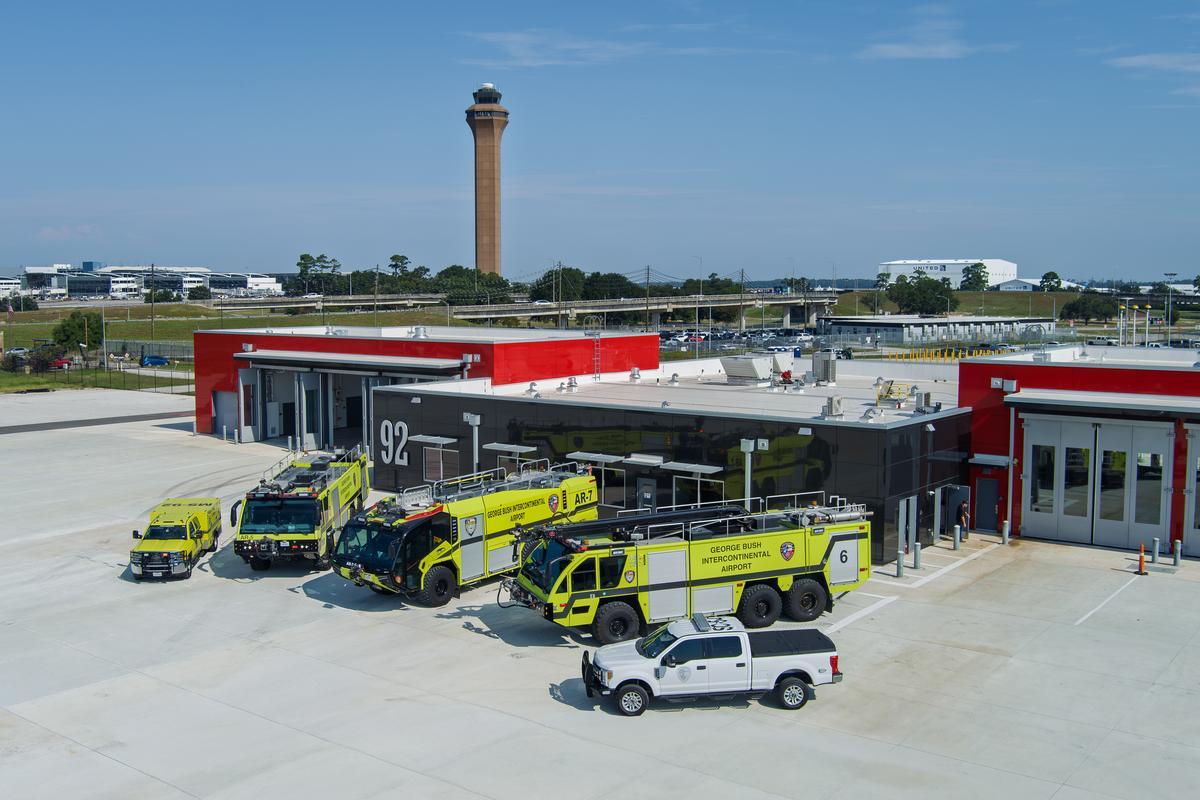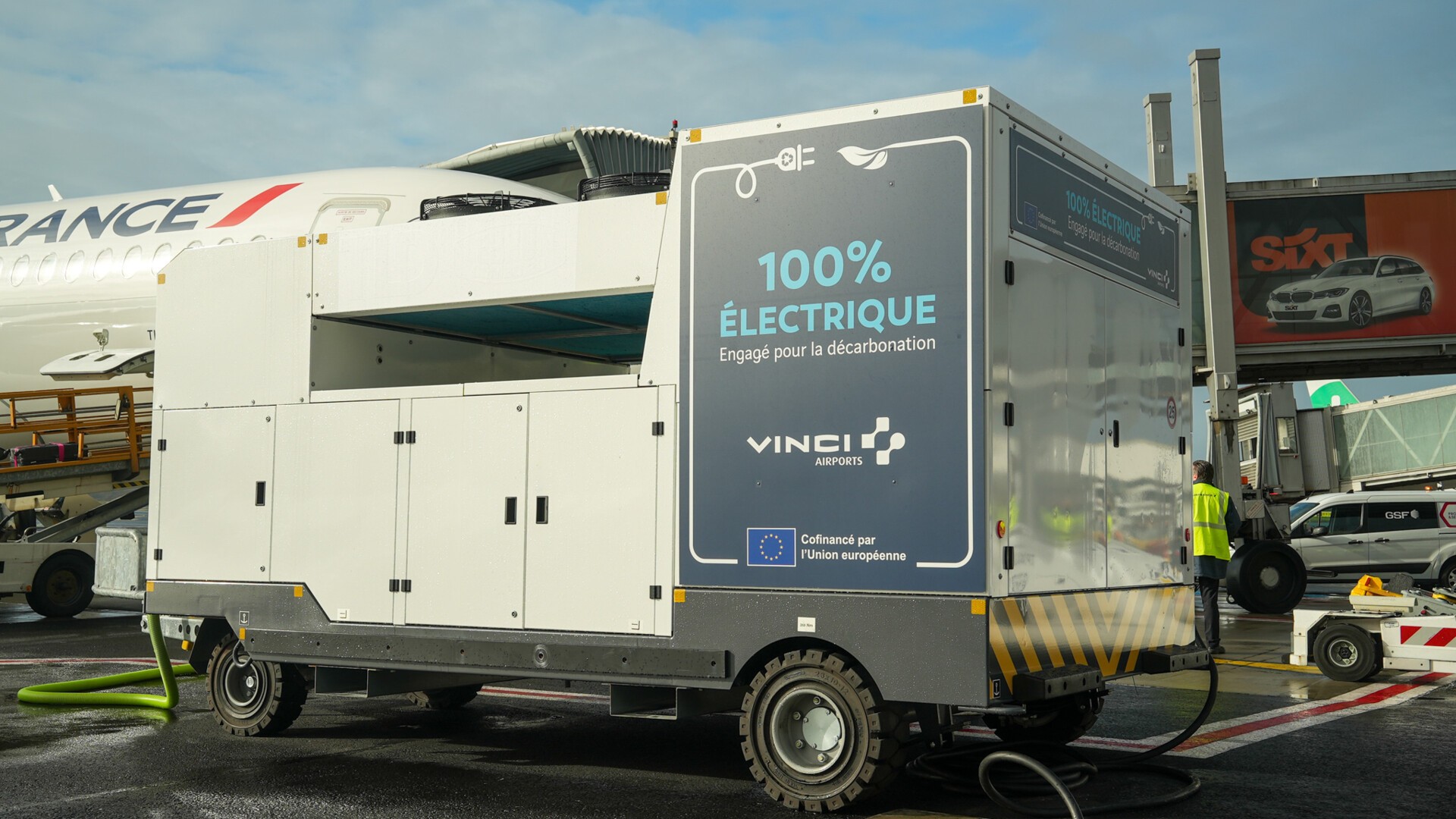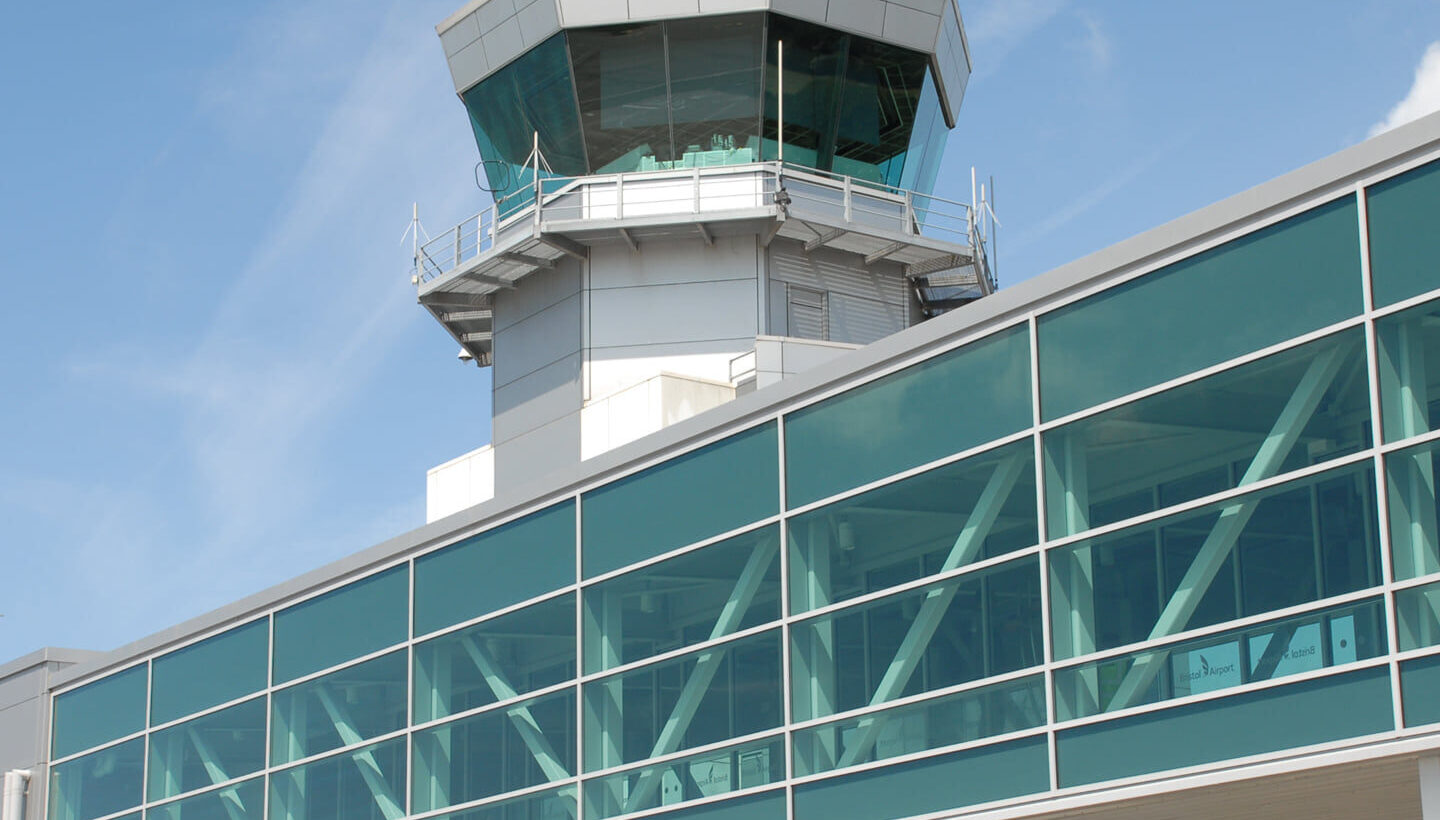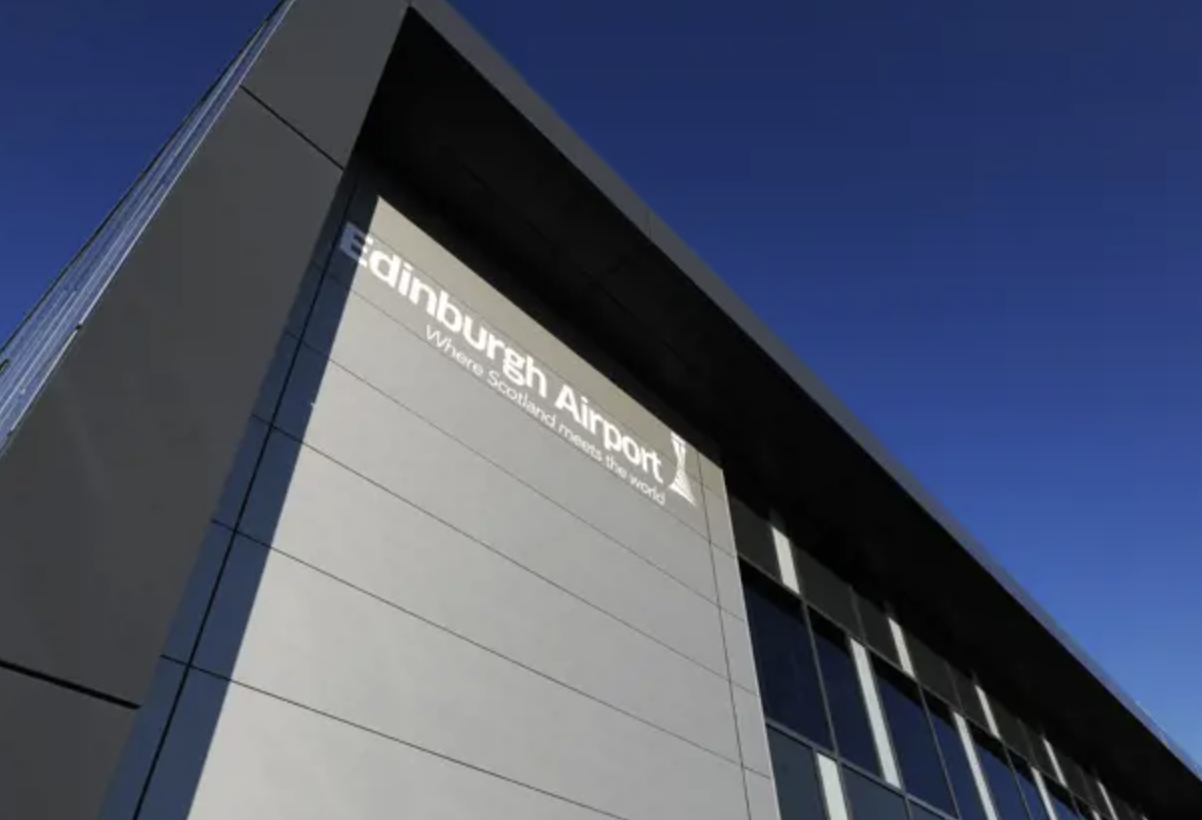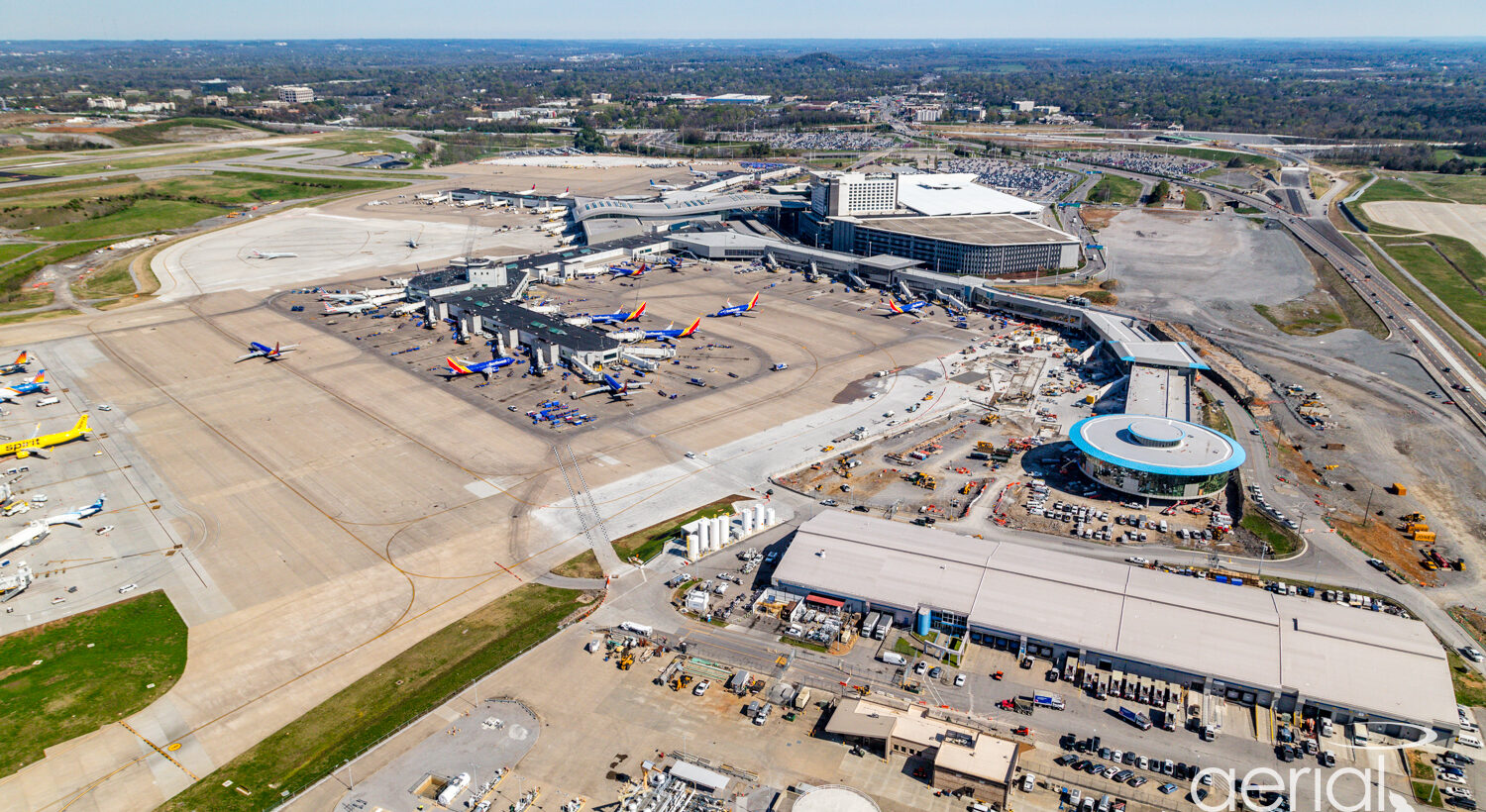Exeter Airport has completed a trial showcasing the feasibility of the use of hydrogen as a means to support the decarbonisation of airport ground operations.
The first of its kind within the United Kingdom, the trial was carried out as part of a collaboration between Exeter Airport, TUI, Cranfield University, ULEMCo, MULAG and Boeing with further support supplied by the UK Civil Aviation Authority’s Hydrogen Challenge (CAA) programme.

The trial saw a TUI Boeing 737 passenger aircraft undergo a full turnaround utilising only ground support equipment powered by green hydrogen, including a hydrogen-powered baggage tug, pushback tug and ground power unit.
Refuelling of the equipment was handled via the use of a HyQube 350 refueller, which was supplied by Fuel Cell Systems Ltd and used green hydrogen produced and supplied by Protium.
Findings from the trial are expected to provide insights for the future of safety and regulatory framework for the airside handling of hydrogen, contributing to an academic study led by Cranfield University.
The trial forms part of a wider programme from the CAA, the Hydrogen Challenge, which has been funded through the Regulators’ Pioneer Fund and is overseen by the Department for Science, Innovation and Technology.
The Challenge aims to support the UK Government’s Jet Zero goals through the enabling of controlled, safe, early adoption of both low- and zero-emission aviation technology and infrastructure.
Stephen Wiltshire, Managing Director of Exeter Airport which is owned and operated by Regional and City Airports, said:We’re proud to have hosted this important trial, which reflects our commitment to sustainability and innovation. The demonstration shows how hydrogen can be integrated into day-to-day airport operations, with lessons we can share across our airport group and the wider sector.
Regional airports are most likely to be those handling the first generation of smaller hydrogen aircraft, so it makes sense that they should be the focus of any test-bed activities.
In order to prepare for the trial, a study of Exeter Airport’s ground handling operations during aircraft turnaround procedures was carried out by Cranfield University in partnership with Exeter Airport and TUI, who found that over 78,000 litres of diesel fuel were consumed in a 12-month period, resulting in nearly 200 tonnes of CO2e emissions.
Ground Power Units (GPUs) were named as the single largest source of harmful emissions, accounting for almost 39% of the total counted.




